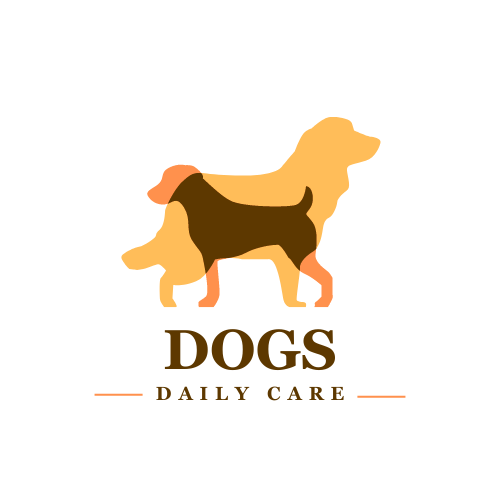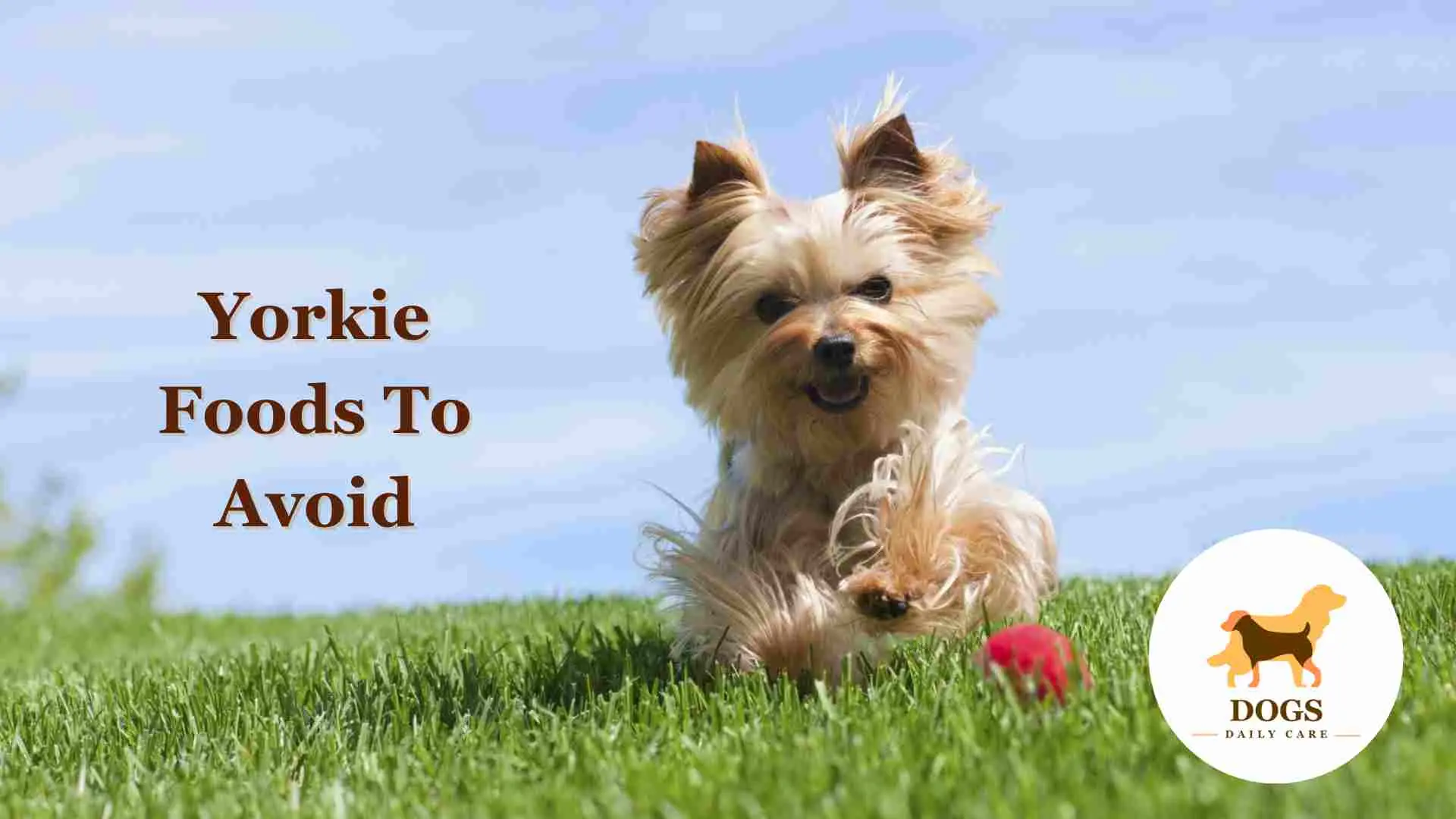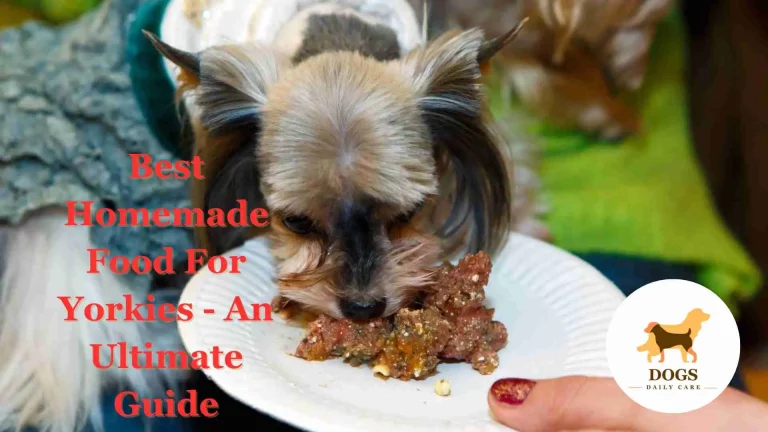Yorkie Foods To Avoid – All You Need To Know
Caring for a Yorkshire Terrier, or Yorkie, involves more than just love and playtime; their diet is a cornerstone of their health and happiness. These small but spirited companions have specific nutritional needs that differ significantly from larger breeds. It’s not just about what they eat, but also what they shouldn’t. Unfortunately, many well-meaning Yorkie owners are unaware of common foods that can be harmful to their furry friends. Knowing what to keep out of your Yorkie’s bowl is just as important as filling it with the right food.
Misconceptions about dog foods are widespread, leading to potentially dangerous feeding habits. As a Yorkie owner, it’s essential to understand the fine line between a treat and a threat. In this guide, we’ll uncover the truths behind Yorkie nutrition, shedding light on foods that could pose serious health risks to your beloved pet. By being informed, you can ensure your Yorkie enjoys a diet that’s not only delicious but also safe and nourishing.
Understanding Yorkies’ Dietary Needs
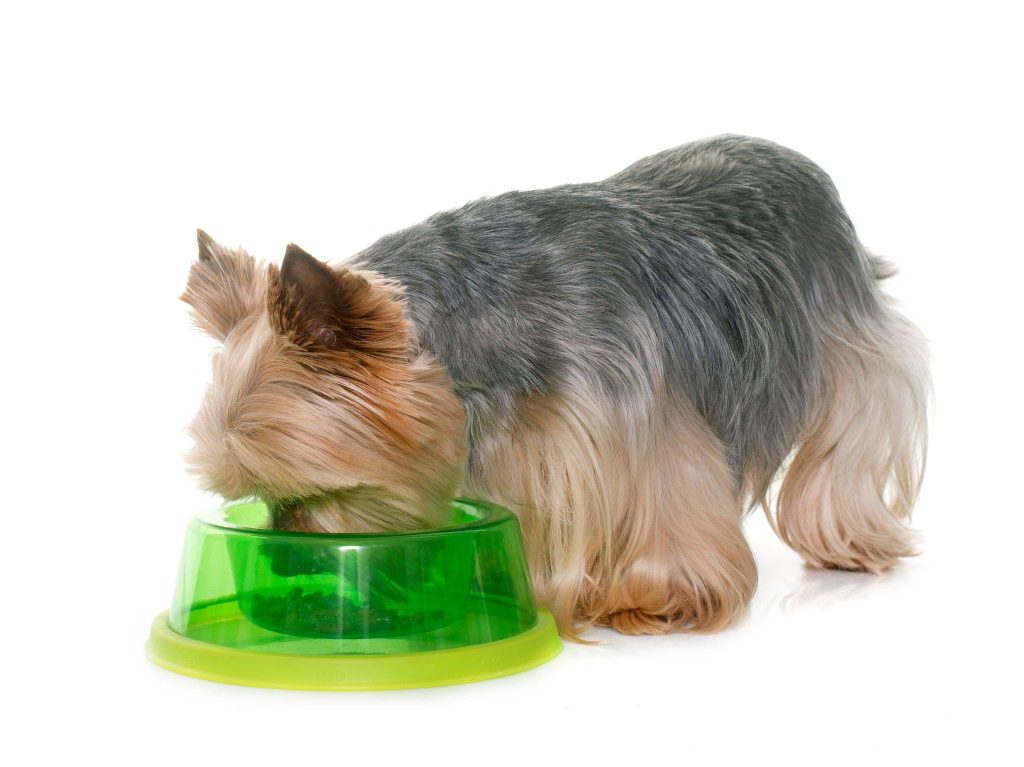
Yorkshire Terriers aren’t just adorable; they’re unique in many ways, especially when it comes to their diet. Unlike larger breeds, Yorkies have a faster metabolism. This means they burn energy quickly and need nutrient-rich food to stay healthy. It’s not about the quantity of food but the quality that matters for these small pups. Their tiny bodies need the right balance of proteins, fats, and carbohydrates to thrive.
However, not all foods are good for Yorkies. They can be sensitive to certain ingredients. Some foods can upset their stomachs or cause allergic reactions. It’s crucial to know what works best for your Yorkie. Usually, smaller kibble sizes are better as they are easier for these little dogs to eat. Also, since Yorkies are prone to dental issues, the right food can help keep their teeth strong.
Yorkies also need a diet that supports their energy levels. They are active and playful, so their food should fuel their zest for life. But, it’s important not to overfeed them. Yorkies can easily gain weight, which can lead to health problems. A balanced diet, suited to their size and activity level, is key to keeping your Yorkie fit and happy.
Toxic Foods for Yorkies
When it comes to feeding your Yorkie, some foods that are fine for humans can be dangerous for your pet. It’s crucial to be aware of these to keep your furry friend safe and healthy.
Chocolate
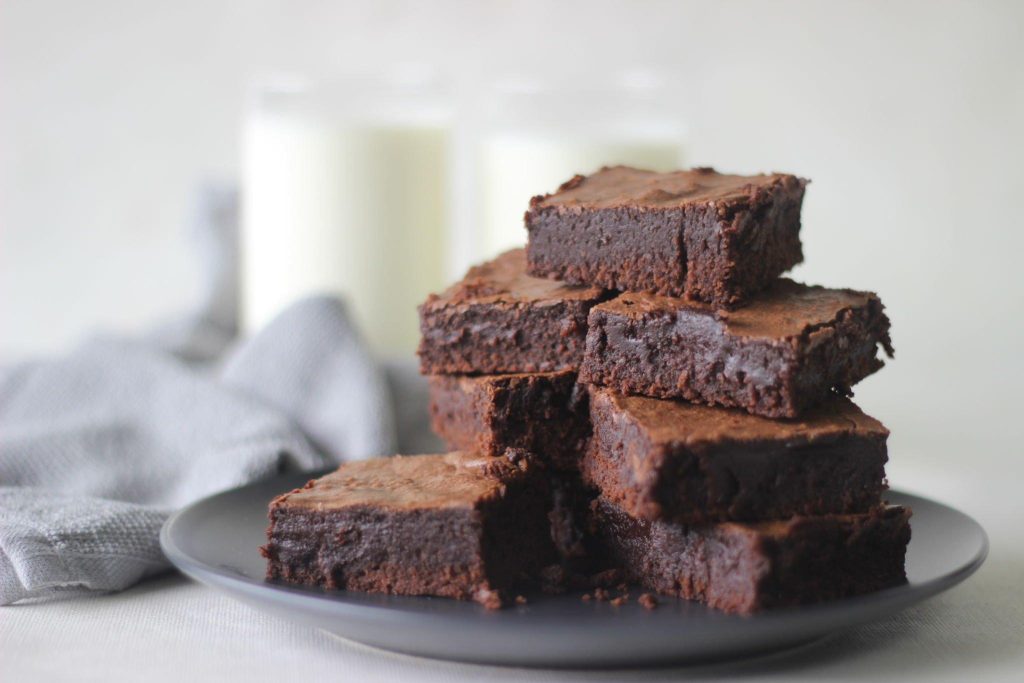
It might be a delicious treat for us, but chocolate is a big no-no for Yorkies. It contains theobromine and caffeine, which are toxic to dogs. Even a small amount can cause vomiting, diarrhea, and even more severe symptoms like seizures. Always keep chocolate out of your Yorkie’s reach.
Xylitol
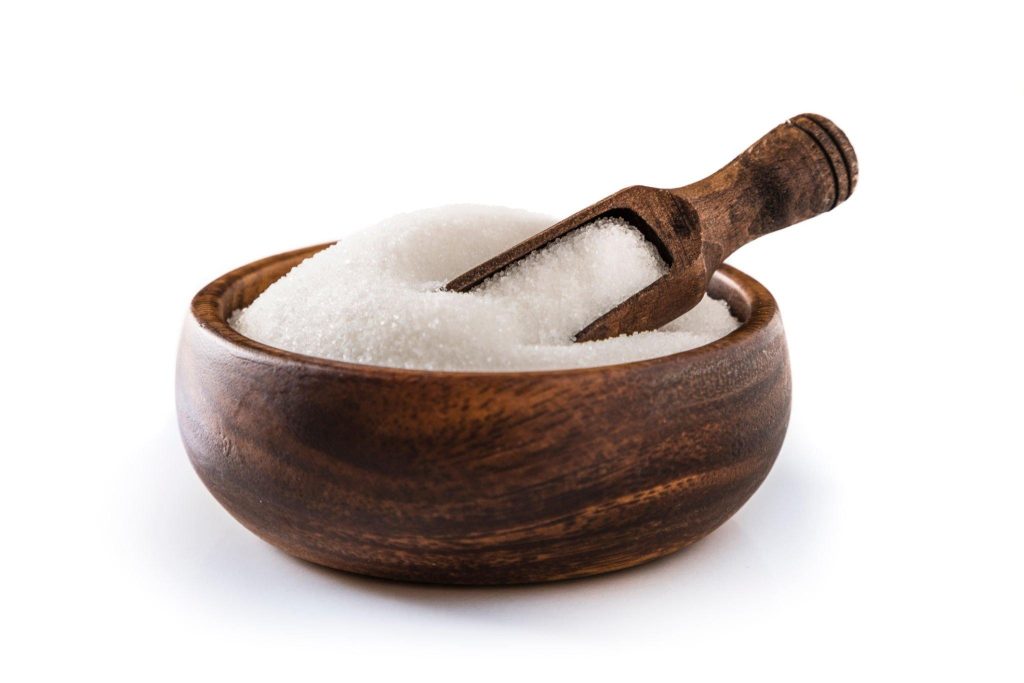
This sweetener is commonly found in sugar-free products like gum and candy. While safe for humans, xylitol can be deadly for dogs. It causes a rapid release of insulin in dogs, leading to hypoglycemia (low blood sugar). This can result in vomiting, weakness, and in severe cases, liver failure.
Grapes and Raisins
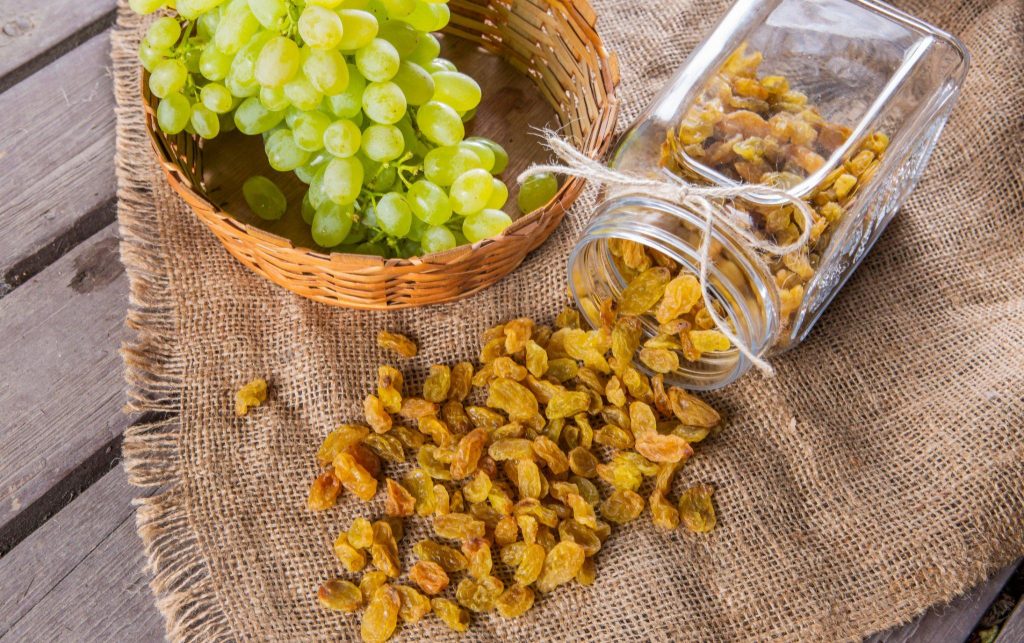
Surprisingly, grapes and raisins can be very harmful to Yorkies. Scientists aren’t exactly sure why, but these fruits can cause kidney failure in dogs. Even small amounts can make your Yorkie sick, so it’s best to avoid them altogether.
By being mindful of these toxic foods, you can help ensure your Yorkie stays healthy and happy. Always double-check food labels and keep harmful foods out of paw’s reach. Remember, what’s a treat for you could be a threat to your Yorkie.
Foods That Can Cause Health Issues in Yorkies
While some foods are outright toxic to Yorkies, others might not be lethal but can still cause significant health issues. Being aware of these can help you prevent unnecessary vet visits and keep your Yorkie healthy.
1. Onions and Garlic: Hidden Dangers in the Kitchen
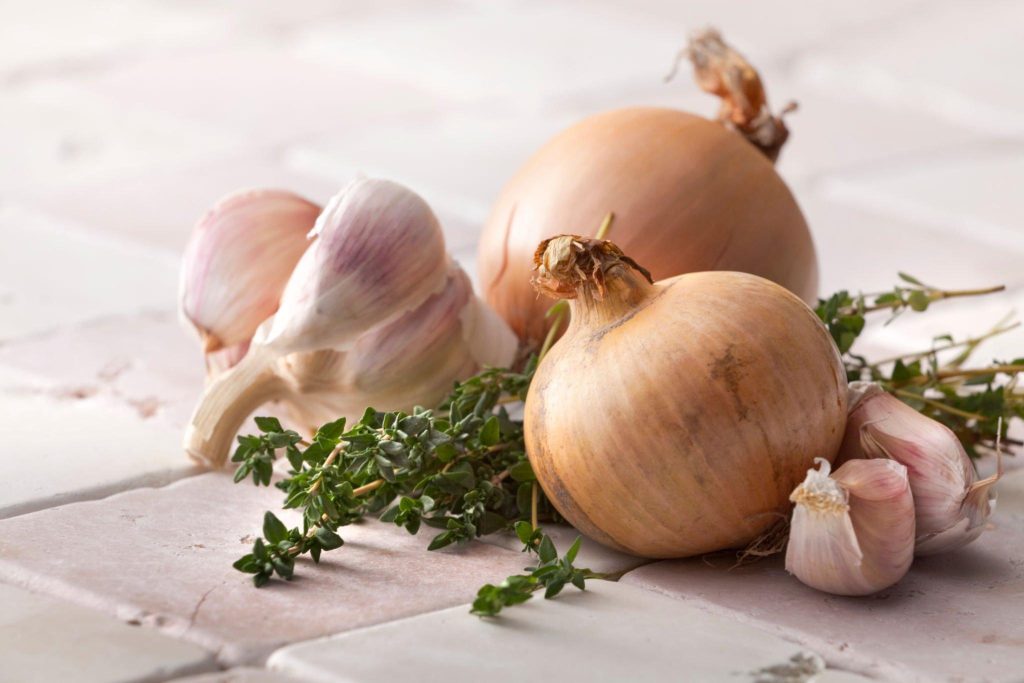
- Onions and garlic, whether raw, cooked, or in powder form, are harmful to Yorkies. They contain compounds that can damage red blood cells, leading to anemia.
- Symptoms of onion or garlic poisoning include weakness, vomiting, and breathlessness.
2. Dairy Products: Not Always a Treat
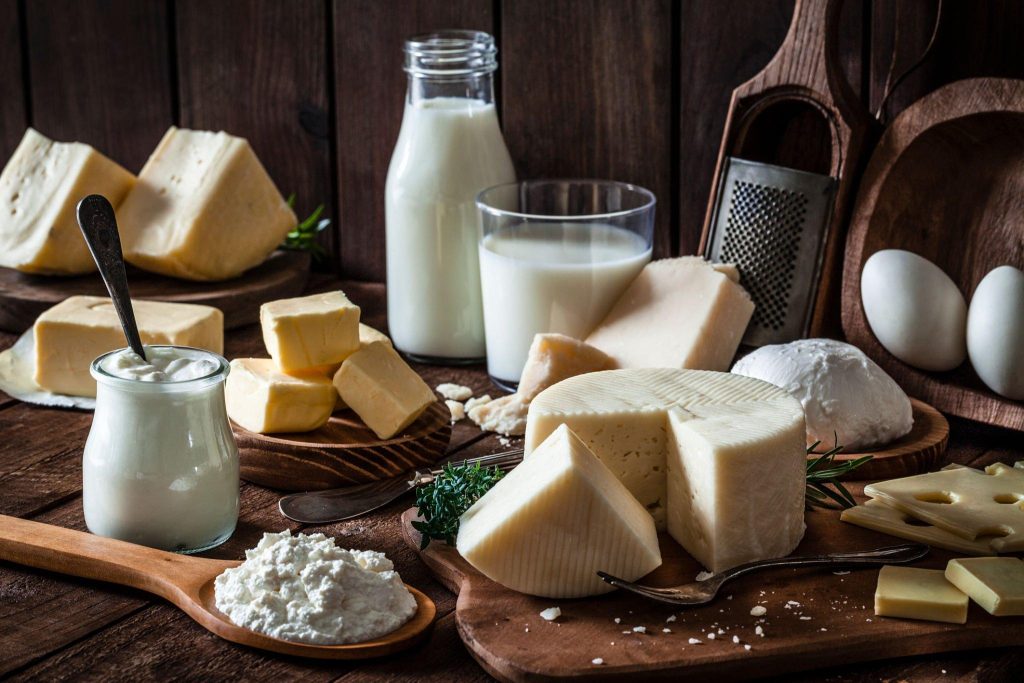
- Many dogs, including Yorkies, are lactose intolerant. This means dairy products like milk, cheese, and ice cream can cause stomach upset, diarrhea, and gas.
- It’s best to avoid giving your Yorkie dairy products, or only offer them in minimal amounts.
3. High-Fat Foods: A Recipe for Trouble
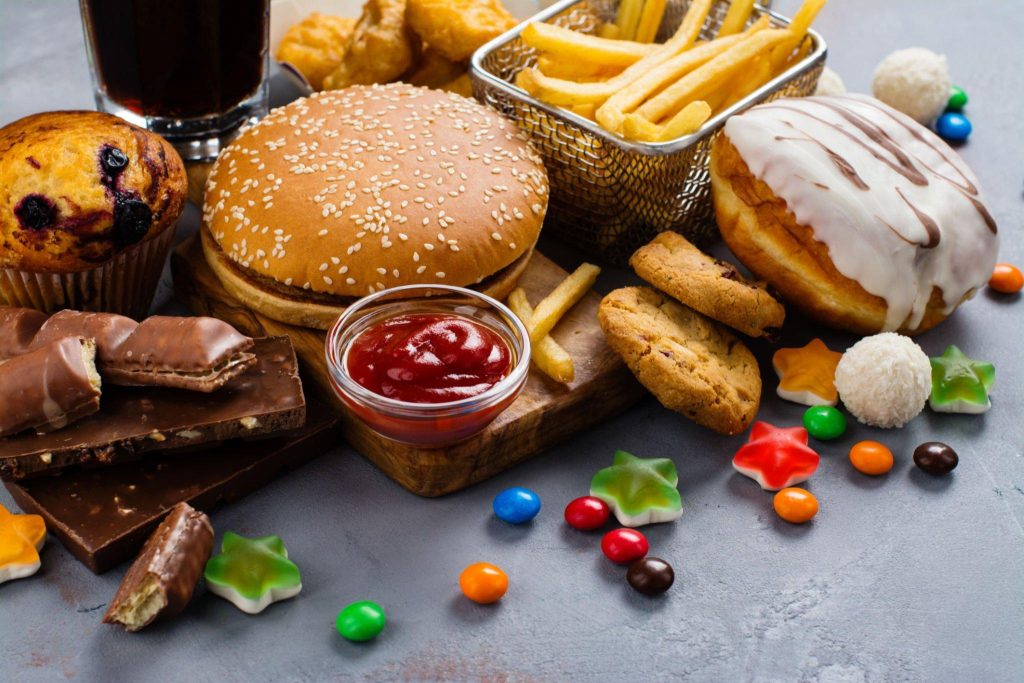
- Foods high in fat, like bacon, fatty meat, or butter, can be hard for Yorkies to digest. They can lead to pancreatitis, a painful and potentially serious inflammation of the pancreas.
- Symptoms include vomiting, abdominal pain, and lethargy.
4. Salt: Small Amounts, Big Problems
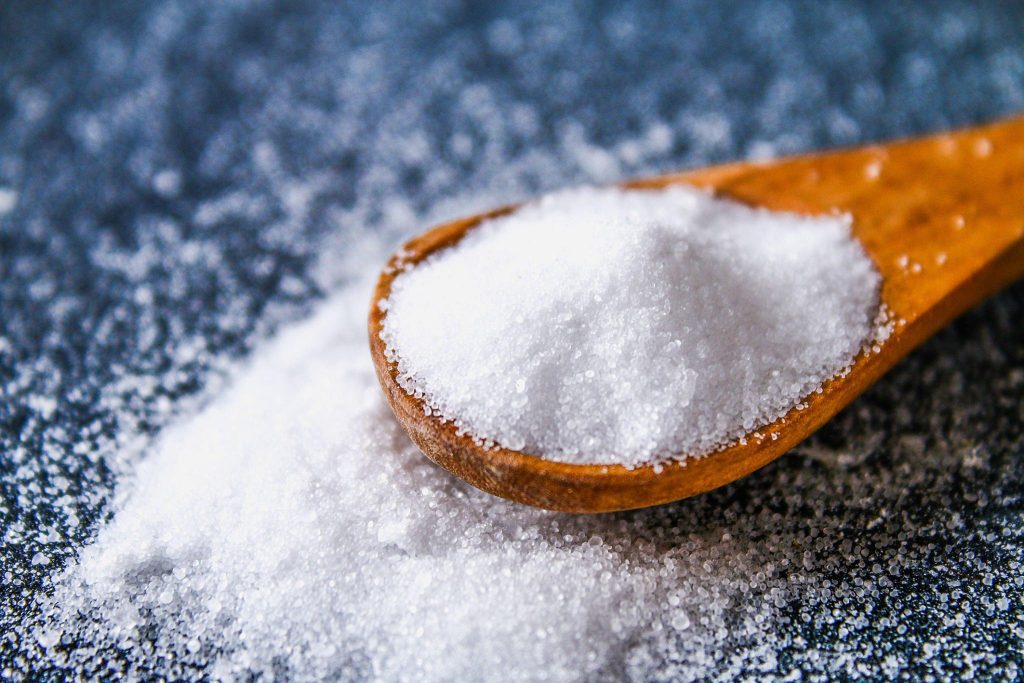
- Too much salt can be dangerous for Yorkies. It can lead to sodium ion poisoning, causing symptoms like excessive thirst, urination, and even sodium ion poisoning.
- Keep salty snacks like chips and pretzels away from your Yorkie.
5. Raw Eggs: A Risky Choice

- Raw eggs can contain bacteria like Salmonella, which can be harmful to both pets and humans. They also contain an enzyme that can interfere with the absorption of certain B vitamins.
- Cooked eggs are a safer choice for your Yorkie.
Unsafe Food Habits for Yorkies
When it comes to feeding your Yorkie, it’s not just about what they eat, but also how they eat. Some common feeding habits can be unsafe for these small dogs. Let’s discuss what to avoid.
1. Overfeeding: A Common Mistake
- Overfeeding is one of the most common mistakes Yorkie owners make. Because of their small size, even a little extra food can lead to obesity.
- Obesity in Yorkies can cause health problems like joint issues, heart disease, and diabetes.
2. Human Snacks: Not Always Safe
- Overfeeding is one of the most common mistakes Yorkie owners make. Because of their small size, even a little extra food can lead to obesity.
- Obesity in Yorkies can cause health problems like joint issues, heart disease, and diabetes.
3. Inconsistent Feeding Schedules: Disrupting Digestion
- Yorkies thrive on routine, including a consistent feeding schedule. Irregular feeding can disrupt their digestion and cause stomach upset.
- Stick to regular meal times and avoid random snacking to keep their digestive system on track.
4. Free Feeding: Why It’s Not Ideal
- Yorkies thrive on routine, including a consistent feeding schedule. Irregular feeding can disrupt their digestion and cause stomach upset.
- Stick to regular meal times and avoid random snacking to keep their digestive system on track.
Frequently Asked Questions (FAQs) About Yorkie Dietary Care
When it comes to the diet of a Yorkshire Terrier, pet owners often have several questions. Here are five common FAQs to help guide you in providing the best care for your Yorkie:
1. What human foods are safe to feed my Yorkie?
While many human foods are unsafe, some are okay in moderation. Cooked lean meats, certain vegetables like carrots and green beans, and fruits like apples (without seeds) are safe.
2. How often should I feed my Yorkie?
Yorkies, especially puppies, should be fed three to four times a day. For adult Yorkies, twice a day is usually sufficient. Consistency is key to maintaining their health.
3. Can Yorkies eat dry or wet dog food?
Both dry and wet foods are suitable for Yorkies. Dry food helps keep their teeth clean, while wet food can be more appealing. Sometimes, a mix of both works best.
4. How much food should I give my Yorkie?
The amount of food depends on the Yorkie’s age, size, and activity level. Generally, between ¼ to ½ cup of high-quality dog food spread over two meals is recommended. Always check with your vet.
5. Are there any supplements I should add to my Yorkie’s diet?
Some Yorkies might benefit from supplements like omega fatty acids for coat health or glucosamine for joint health. However, consult with your veterinarian before adding any supplements to their diet.
Conclusion
In conclusion, understanding what foods to avoid is as vital as knowing what to feed your Yorkie. Each item we’ve discussed plays a crucial role in maintaining your Yorkie’s health and preventing potential health hazards. Remember, a Yorkie’s diet is markedly different from our own, and awareness is key. By being mindful of toxic and harmful foods, and adopting safe feeding habits, you ensure a happier, healthier life for your furry companion. It’s not just about avoiding danger; it’s about fostering a nurturing environment for your Yorkie’s growth and well-being.
Your role as a responsible Yorkie owner doesn’t end here. Continuously educating yourself about pet health and nutrition, staying updated with the latest veterinary advice, and regularly consulting your vet are all part of the journey. Share your experiences and knowledge with fellow Yorkie owners, and keep learning. After all, the love and care you invest in your Yorkie’s diet today will reflect in their health and happiness for years to come.
